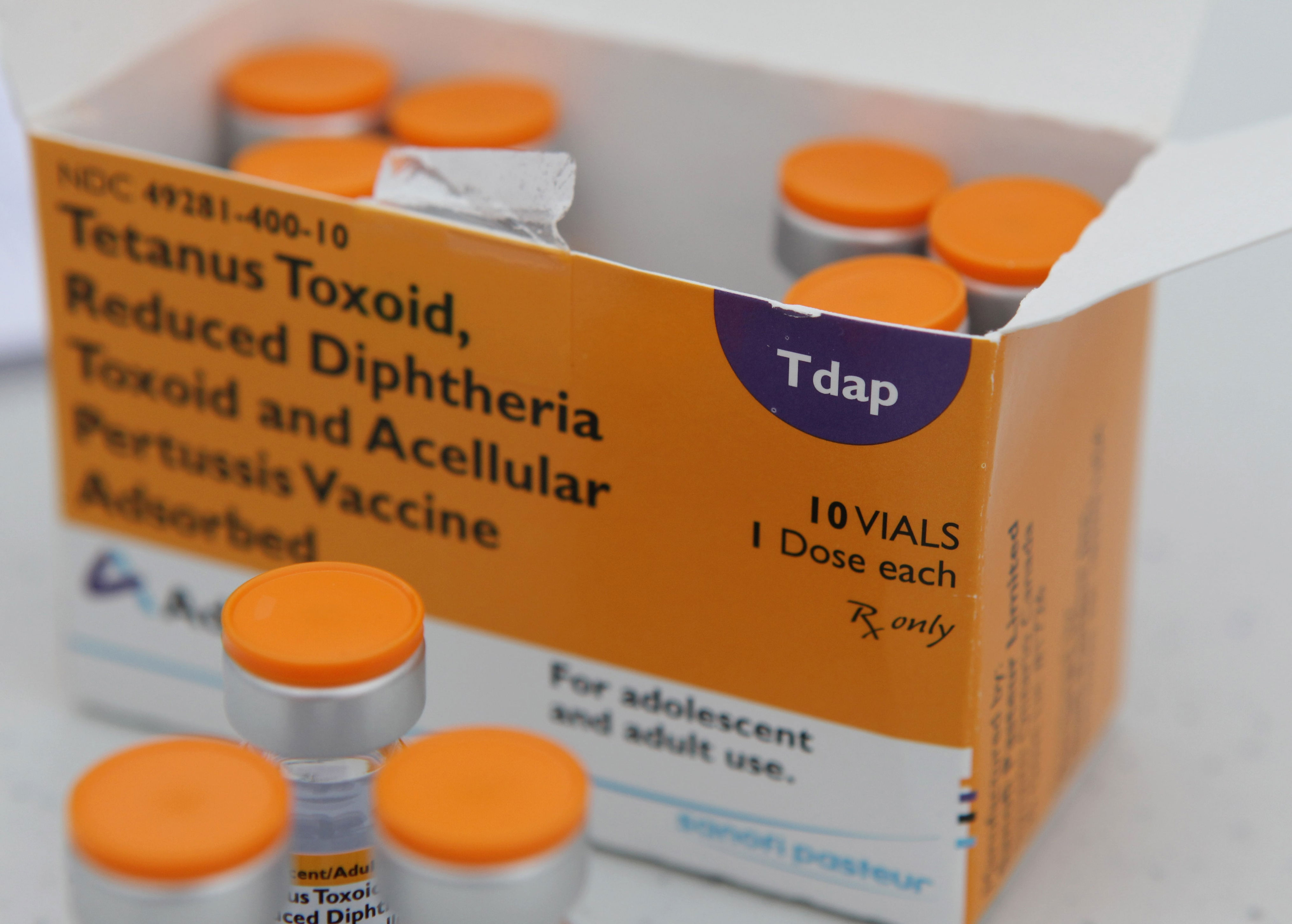
Understanding the Public Health Response to a Whooping Cough Outbreak
Public health officials play a critical role in managing outbreaks of vaccine-preventable diseases. When an outbreak occurs, their primary goal is to inform the public and prevent further spread of the illness. This usually involves issuing timely updates, promoting vaccinations, and ensuring that vulnerable populations are protected. However, in Louisiana during its worst whooping cough outbreak in 35 years, the state’s response appeared to deviate from standard practices.
Whooping cough, or pertussis, is a highly contagious disease that can lead to severe complications, especially in infants. It causes intense coughing fits, difficulty breathing, and can even be fatal. Infants under two months old are particularly at risk because they cannot yet receive the pertussis vaccine. Protection comes from maternal vaccination during pregnancy, which provides immunity through the placenta.
Madison Flake, a pediatric resident in Baton Rouge, described the severity of the situation when she treated a baby who was hospitalized with life-threatening symptoms. “He would stop breathing for several seconds to almost a minute,” she said. The disease’s impact on young children highlights the importance of early intervention and clear communication from public health authorities.
Delays in Communication and Public Response
By late January, two infants had died in Louisiana due to whooping cough. Despite this, the Louisiana Department of Health did not issue a social media post advising residents to consult their doctors about vaccinations until two months later. A statewide health alert to physicians, press release, and news conference were also delayed.
Experts like Georges Benjamin, executive director of the American Public Health Association, criticized the slow response. “For these childhood diseases, we usually act quickly,” he said. “These are preventable diseases and preventable deaths.”
Abraar Karan, an instructor at Stanford University, emphasized the urgency of timely communication. “Time is one of the most important currencies you have,” he added. Delayed alerts can allow infectious diseases to spread unchecked, increasing the number of infections and hospitalizations.
Vaccine Promotion and Political Influence
In September 2024, as cases began to rise, the Louisiana Department of Health faced additional challenges. On February 13, the state’s surgeon general, Ralph Abraham, issued a memo ending the general promotion of vaccines and community vaccine events. This decision came just hours after Robert F. Kennedy Jr., an anti-vaccine activist, was confirmed as the U.S. Secretary of Health and Human Services.
Abraham’s memo claimed that public health efforts had overstepped by promoting vaccines based on a “one-size-fits-all” approach. He has previously labeled Covid vaccines as “dangerous” and supported Kennedy’s policies. This shift in messaging may have contributed to the lack of public warnings during the outbreak.
The first confirmation of infant deaths from whooping cough came on February 20, after a request from WVUE Fox 8 News. However, the state health department had not issued any public alerts prior to this. Over the next month, two more infants were hospitalized, according to internal communications reviewed by NPR and KFF Health News.
Slow Progress and Continued Spread
It wasn’t until March that the Louisiana Department of Health began communicating publicly about the outbreak. By May, it issued its first official alert to physicians and held a news conference. At that point, 42 people had been hospitalized, with three-quarters not up to date on their vaccinations. More than two-thirds of those hospitalized were babies under one year old.
Throughout the summer, the number of cases continued to rise, but no further public communications were issued. As of September 20, the state had recorded 387 cases of whooping cough in 2025—far exceeding the previous high of 214 cases in 2013.
Calls for Immediate Action
Experts argue that the delayed response may have worsened the outbreak. “At minimum, there should have been heavy promotion of vaccination and awareness,” said Karan. “If you haven’t gotten vaccinated, get vaccinated. If you have symptoms, get tested.”
Joshua Sharfstein, a professor at the Johns Hopkins Bloomberg School of Public Health, stressed the importance of using such tragedies as opportunities to educate the public. “When you have two infant deaths, it’s a real threat to children’s health,” he said.
Joseph Bocchini, president of the Louisiana Chapter of the American Academy of Pediatrics, urged officials to provide regular updates and reminders about vaccination. “Get your vaccines. Moms, if you’re pregnant, get vaccinated. And if you have a cough illness, see your doctor.”
Georges Benjamin emphasized that it’s not too late to take action. “It’s not too late to be much more aggressive and proactive about dealing with pertussis.”